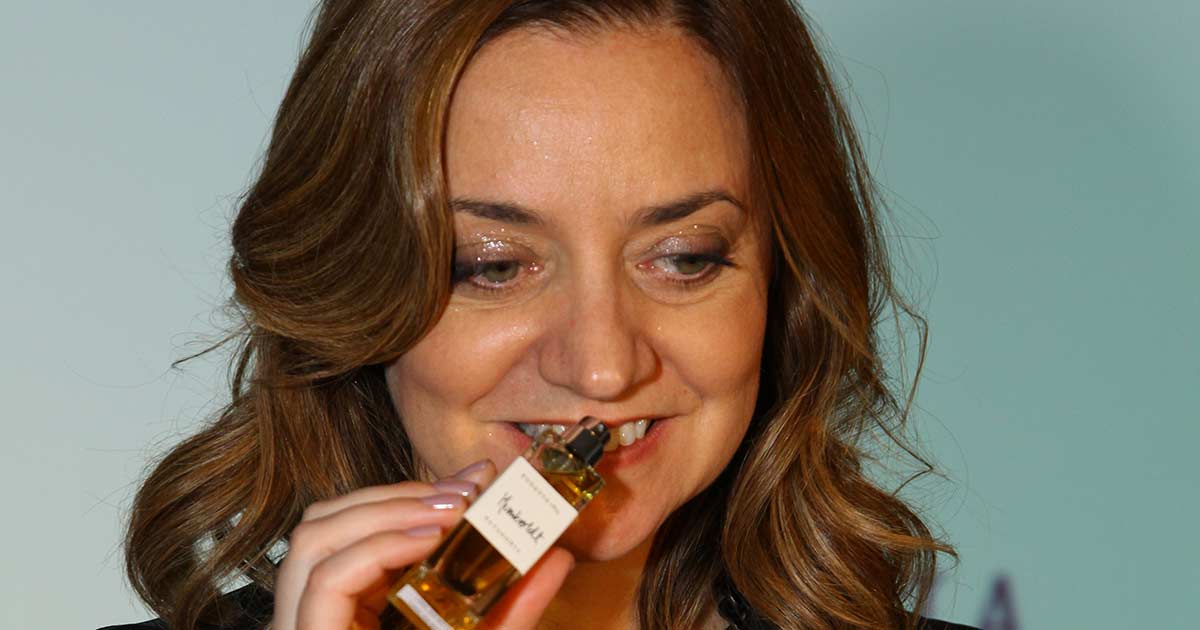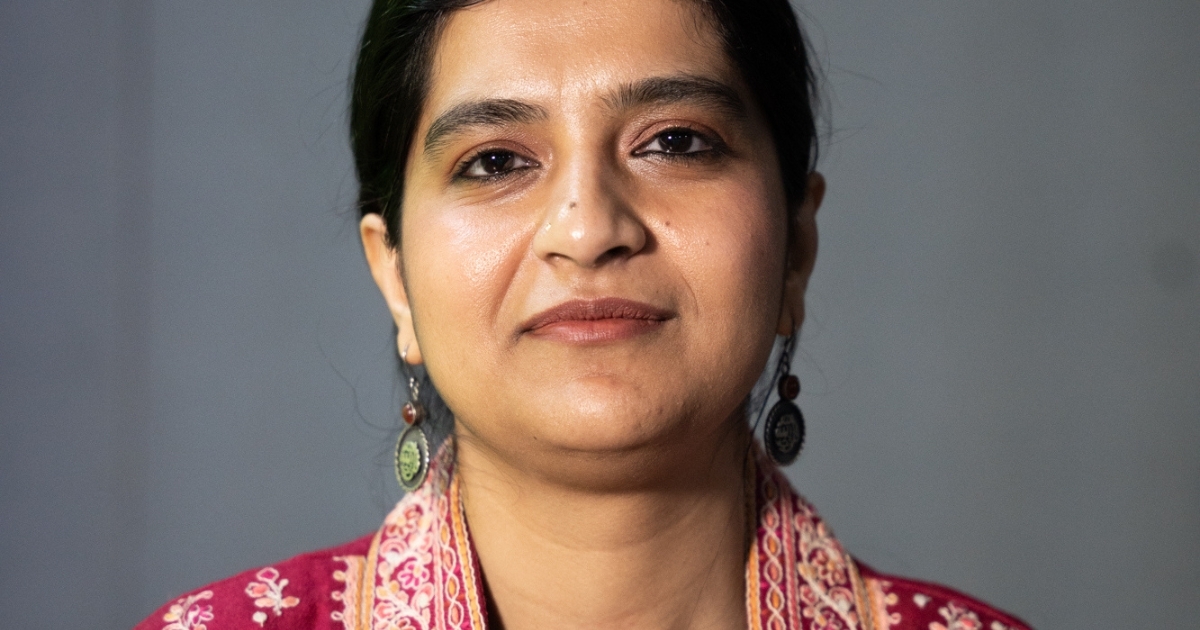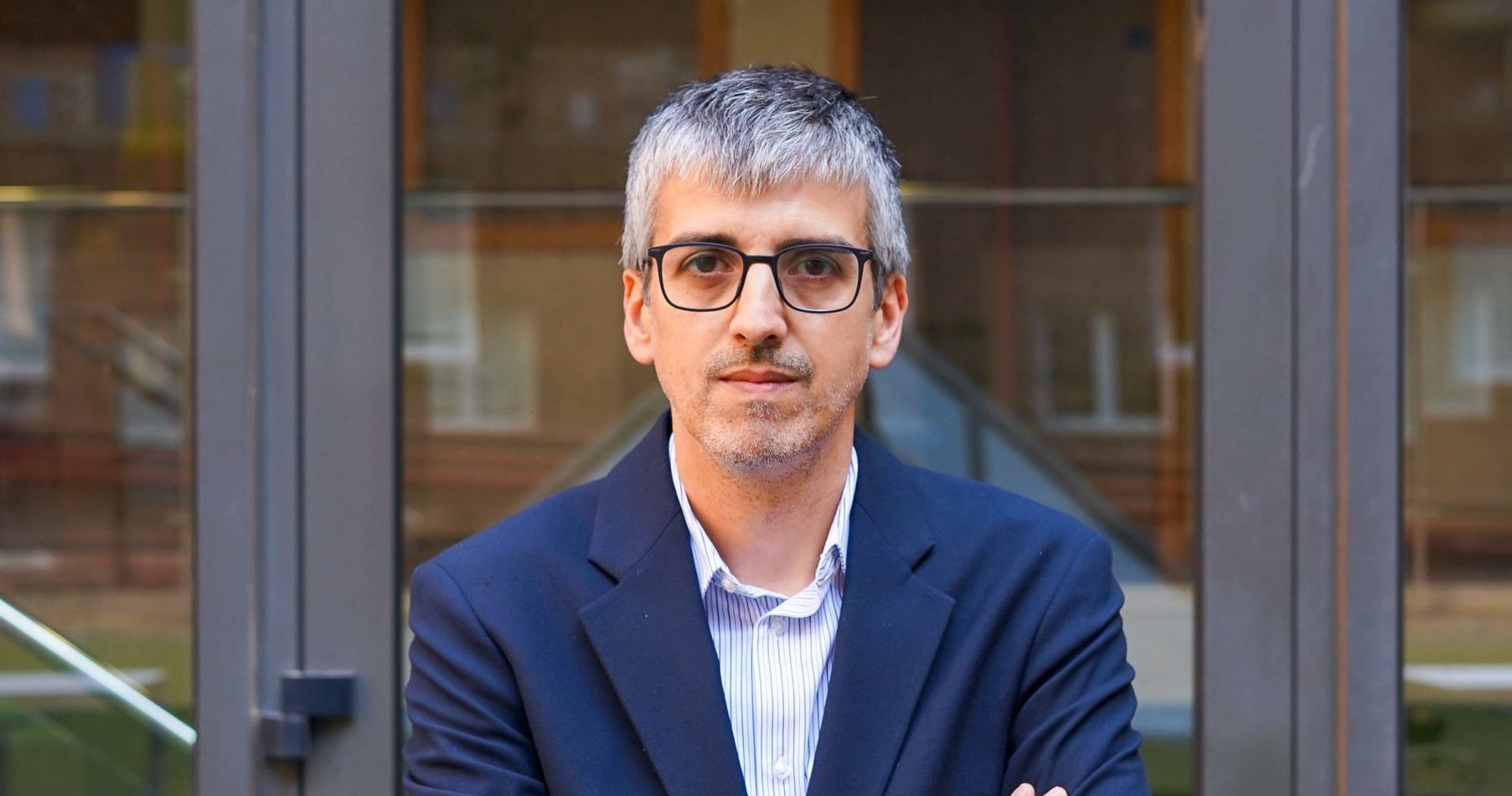Cette publication est également disponible en :
Français
After 20 years of work in the development of perfumery in Brazil, including as head of Firmenich’s Fine Fragrance division for Latin America, Alessandra Tucci founded the Paralela Escola Olfativa in São Paulo in 2012 and became an expert in perfumery, strategy and innovation. Both a consulting company and a school bearing the French label of Cinquième Sens, the Paralela Escola Olfativa tries to respond to the challenges of the Latin American perfume market with an open eye on the transformations of the contemporary world. In order to displace an often Eurocentric view of perfumery, we spoke with Alessandra Tucci for the eleventh issue of Nez and the article “All inclusive”: perfumery facing inequalities, and offer here the full text of our exchange.
Male perfumers have more and more visibility, but a couple of brands seem to also favour female perfumers lately, like Lancôme did with Idôle. What do you think about this new dynamic?
It is surprising we still need to talk about that in the 21st century, but it is true that there’s still a lot to do to reach equality. Communicating around the work of female perfumers like Lancôme did with Idôle is certainly a nice way to help building a new future for women, as it’s still not evident that women can be perfumers. It should be normal but it’s not. If these big companies can have a role of facilitators and accelerators of change… I’m happy to see that!
Do you think this trend of taking care of diversity, equality and inclusion can last?
Maybe because I’m Brazilian I tend to see the glass half full, I’m optimistic. I worked for this industry for over 20 years, but going through the pandemic, I wondered if I’d have to stop my job at the school, I wondered what was going to happen to the people working with me… I had to step back and put everything in balance to decide if it was worth continuing. And I had to notice that things have changed, this is why I continue.
We have a long way to go, but I see many companies that are making important decisions toward sustainability and diversity, and some of them are also linking the two. They are rethinking leadership, and including more and more women in different positions. Things have changed since I was working for big companies, when I was the only woman sitting in the meetings.
Is this male environment responsible for the way you drove your career?
Yes, in a significant way. I always felt that I was equal. It was strange to be in situations where I was not considered as so, where I was seen as inferior. It didn’t feel good, but it pushed me to learn more, challenge me more. I love perfumery, but at some point it was too tiring. If you feel that something is not evolving well, you know it’s not the way to follow.
Did you hit a cultural glass ceiling also because you were Brazilian?
I was lucky enough to be the head of Fine Fragrance for Latin America of a big company between 2009 and 2011, and at this time all eyes were on Brazil, it was the center of attention. I was saying to myself “wow, it is finally our time!” People wanted to see what was going on, and I was the one presenting all the wonderful projects we were working on.
There were challenging moments, I had to mobilize internal resources, and also take the attention of perfumers to the Brazilian market. It was part of the beauty, I enjoyed doing it. We were not Paris or New York, the “natural” circuit of fragrances, but we made it.
It’s amazing to see where the brands coming from Brazil stand now, how they imposed their position. Of course, they achieved that because of their size and economic weight, this is the logic of the capitalist world, but we also have something in our favour here: the sympathy of the Brazilians. Often, my interlocutors used to be puzzled and disturbed by the exotism but seduced by the country and the people. I had to make them pass that to show that we can be nice but also good professionals. Nowadays, it’s clear for the big companies that Latin America is part of an important business triangle with Europe and the USA, and Brazil imposes itself as a solid and growing market.
Do you feel like Brazilian perfumers have more opportunities now to work with big firms?
Yes. Historically, I always worked with Brazilian perfumers. But there is also a need for more collaborations and openness here. For example, French perfumer Cécile Zarokian just worked on a project with Granado Pharmácias, one of the historical house of Brazilian perfumery, that led to the creation of the fragrance Bossa. This kind of mix is interesting in a big market like the Brazilian one.
Economically, Europe is facing changes, it shows the limitations of a mature market. It needs to look at other markets, that’s the reality of our capitalist world and its constant need for growth. But I like to see it in another way: it’s also an opportunity for more people with open minds to work in different ways.
In our school, we teach but we also consult for companies, we give strategic advices to clients coming from all around the world. There is a beauty in this moment we live: there’s a lot to change and we can do it.
Do you think there will also be partnerships between European and Brazilian schools?
At Paralela we always stay dynamic when it comes to education. This adventure was challenging during the first years, but now we are reinventing ourselves, also because we had to move courses online due to the pandemic…
As you know we partner with Cinquieme Sens since 2012, a traditional french perfumery school led by Isabelle Ferrand, which inspire us and we try to inspire back, it is a continuous exchange. The future is hybrid, not only based on presential or online courses, we are not going back to the previous 100% presential model.
Is the relation between the industry and the schools changing?
I think so. If we analyse the relationship between perfume brands and suppliers in the industry, we can see that it evolves in a seductive dimension, with diners, trips to exotic places to prospect ingredients, and so on, this is part of the magic of perfumery. After a long period of pandemics, education is another way to build a solid proximity between the members of the industry, it constructs a different relationship, it builds credibility, and this is what we want to bring to the industry now. Some houses started to prioritize offering trainings rather than social interactions, and for everyone it was a particularly rewarding experience. As soon as we will start to better understand how to better integrate education into our lives, things will change. Nowadays a lot of firms are organizing trainings, but few do it in a thoughtful way. Training has to be rethought.
Can education be an answer to problems of inequality?
For sure they should be covered as much as we can, all of the time. I’m just careful to avoid the opportunistic approach of using those magic words of diversity, inclusion and equality to look nice and trendy. When we say something it’s because we are acting on that, and sometimes it’s challenging to think about equality and inclusion in schools. In Brazil nonetheless, there are solutions we can find, because if the industry wants to have more diversity within their teams, this can only be done through education. If you want to hire people with a certain profile, education is key to make it possible. In our country we have a sensibility of that, and I’d personally want to accelerate the process, many companies want that, but training is not quick, it’s a medium to long term investment. The industry tends to forget it, we sometimes face resistances from firms who want to solve problems with two hours training sessions… but of course we have to say no: these crucial problems need a longer view.
- Paralela Escola Olfativa website : www.paralelaescolaolfativa.com.br
- Follow Paralela Escola Olfativa on Instagram : @paralelaescolaolfativa
—
“All-inclusive”: Perfumery confronts inequalities – Summary
- Introduction, by Clément Paradis
- Shabnam Tavakol: “There is a problem of diversity, equity, and inclusion in perfumery”
- Shyamala Maisondieu: “I had to make my own voice heard”
- Chantal Artignan: “Our school should not be reserved for a social elite”
- Alessandra Tucci: “If the perfume industry wants to see more diversity in its teams, it can only happen through education”
- Saskia Wilson Brown: ”Only diversity can allow for a living culture“
- Mieke Van de Capelle: “We need to help students who want to pursue a career”








Comments